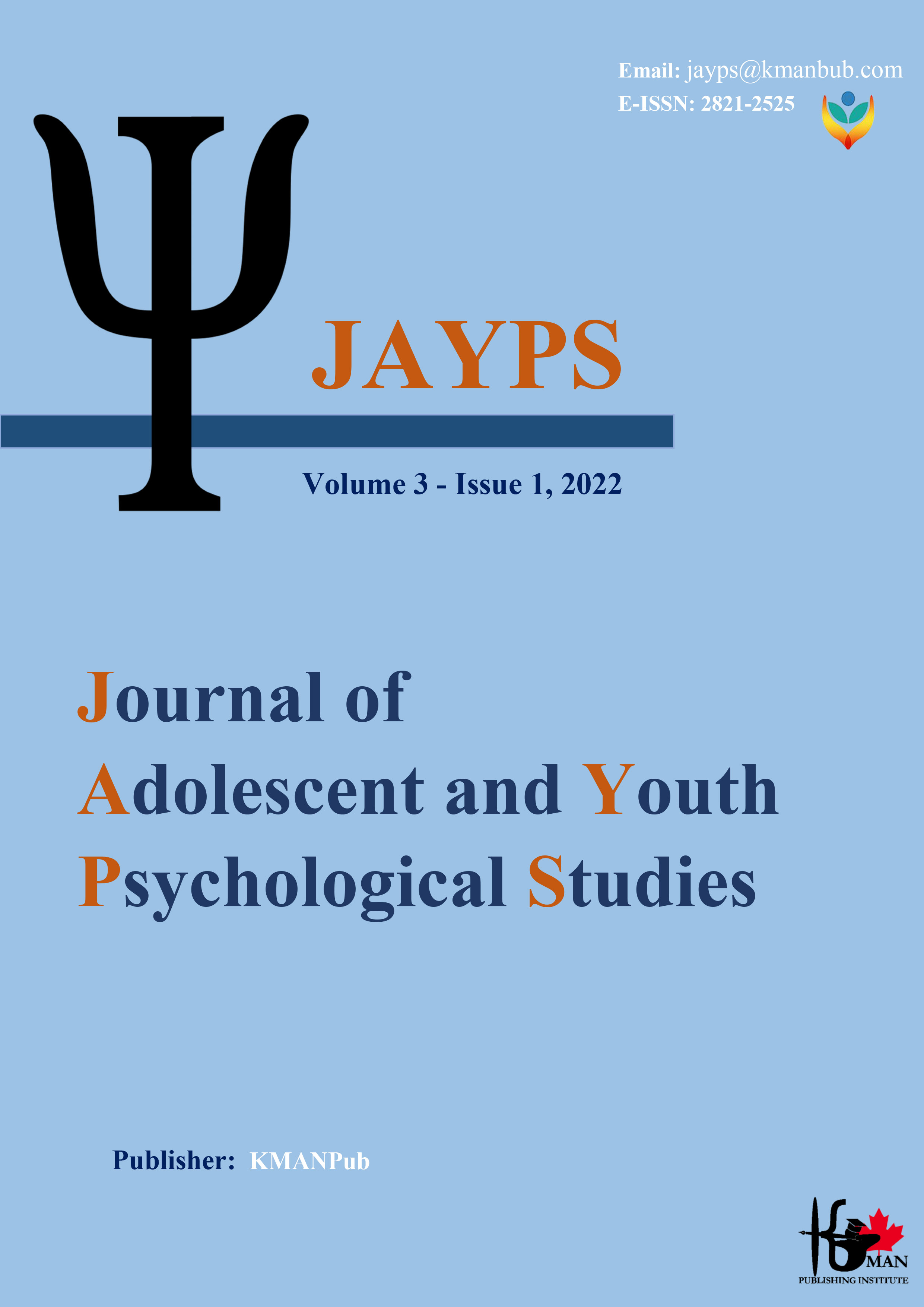The effectiveness of metacognition training on motivational beliefs and self-regulated learning strategies of students with learning disorders
Keywords:
metacognitive training, motivational beliefs, self-regulated learning, learning disorderAbstract
Background and Aim: Learning can be considered as the most fundamental process, as a result of which, a helpless and helpless creature, over time and in interaction and physical growth, reaches a transformed person whose cognitive abilities and power of thought knows no bounds. The aim of the current research was to investigate the effectiveness of metacognitive training on motivational beliefs and self-regulated learning strategies of students with learning disabilities. Method: The current research method is practical in terms of purpose and in terms of field situation and in terms of semi-experimental method with a pre-test, post-test design was with the control group and random assignment. The statistical population of this research included all elementary school students aged 10 to 13 with learning disabilities in reading, writing and math in Juybar city in the academic year of 2019-20. Purposive sampling and 30 students were selected as a sample and then randomly assigned 15 students to the experimental group (related to metacognition training) and 15 students to the control group. The experimental group underwent metacognitive training based on Koziak's (2001) model for 10 one-hour weekly sessions; while the control group did not receive any intervention. Also, Harter's motivational beliefs questionnaire (1981) and Ryan and Connell's self-regulated learning questionnaire (1989) were used in the pre-test and post-test stages. Finally, the data were analyzed using univariate and multivariate analysis of covariance and Bonferroni's post hoc test. Results: The results showed that metacognition training has an effect on students' motivational beliefs (F=12.31; P=0.002) and self-regulation learning strategies (F=17.35; P=0.001). Conclusion: It can be concluded that metacognitive training is effective on students' motivational beliefs and self-regulation learning strategies, and this training can be used to reduce students' psychological problems.
Downloads
Downloads
Published
Submitted
Revised
Accepted
Issue
Section
License

This work is licensed under a Creative Commons Attribution-NonCommercial 4.0 International License.









